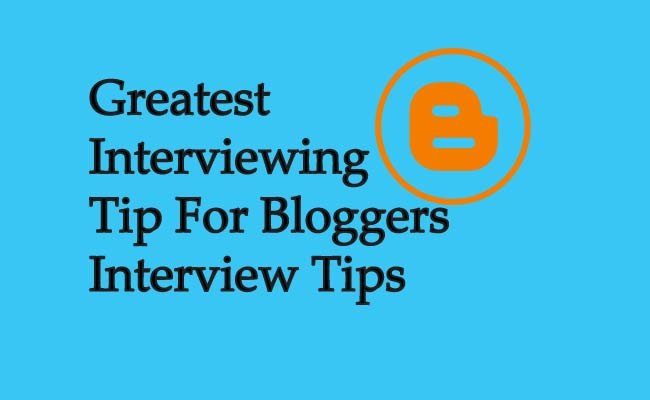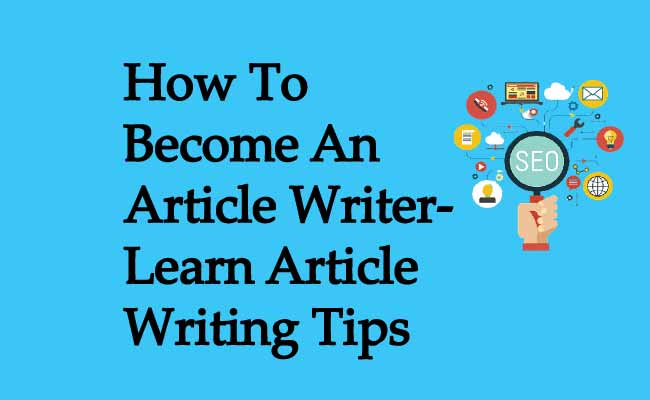
Top 3 Different Types of Blogs Writer And Bloggers
December 20, 2020
Top SEO Mistakes To Avoid In 2021
December 21, 2020Greatest Interviewing Tip For Bloggers Interview Tips
Hey, Mates, I hope you are all doing well. Today I am going to tell you about the Greatest Interviewing Tip For Bloggers Interview Tips. As bloggers, every day we face the challenges of coming up with unique and compelling content. Because the Internet is so massive, this is a task roughly similar to the one assigned to Hercules, of cleaning out the Aegean stables,
which were crusted over with tons of mythological Greek horse poop. This was a tremendous task for Hercules since the horses were of divine origin,

the stable hadn’t been cleaned in years, and he had to keep resisting the urge to just spend a couple of minutes messing around on Facebook.
As such, many of us turn to the interview as a tool for generating new content. This is a risky proposition, however — while a good interview could yield loads of good content (possibly even enough to separate into several posts),
there’s always the chance your interview subject could be less talkative than you’d like. As a documentarian and journalist, I’ve come across enough taciturn interview subjects to fill half of an index card.
As a blogger, however, you’ll probably aim for professional subjects who have a lot to say about their industry. But even that’s no guarantee that you’ll get a substantial amount of great content.
Greatest Interviewing Tip For Bloggers
Here is my Greatest Interviewing Tip For Bloggers. John is a perfect example of this. John’s DNA has been so thoroughly infused with marketing ideas that he’s now more slogan than man, and speaks only in short, punchy aphorisms, as this recent interview shows:
Interviewer: What’s one of your favorite examples of “outside-the-box” thinking?
John: Think about this: Is the thinking outside the box? Or is it the box that’s inside the thinking?
Interviewer: I don’t understand.
John: Put it this way: If you don’t understand something, that means you’ve been standing under something for too long.
Interviewer: What? What does that even mean? I’m leaving.
John: Perhaps it’s the interview that’s leaving you.
Interviewer: (Leaves the room, turns off the light, and shuts the door.)
John: We often forget that silence can be more meaningful than words.
So you can see how interviews can disappoint. This is particularly true of interviews conducted over email, which disallow the possibility of on-the-spot questions,
or questions generated by answers you didn’t know you’d get. That’s why I always try to avoid (and have told my students to avoid) email interviews — there’s too much opportunity for the interviewee to give you less than what you need.
So focus on interviews you can complete either over the phone or in-person (there is plenty of phones and cell phone recording devices out there). And compiling questions for the actual interview,
then asking them, is simple enough — there’s such a wealth of resources for developing interviewing techniques out there on the web that I won’t waste your time recounting them.
But here’s the titular advice that you probably won’t take. I wouldn’t take it either. It’s pretty risky. And I can’t even guarantee it’ll work 100 percent of the time.
Maybe 75 percent. Okay, 70. But if your interview subject isn’t as forthcoming as you’d like — and you feel you don’t have anything to lose — try this. If the interview isn’t going well —
if you’re just getting short, useless answers no matter how open-ended your questions are — just say the following phrase:
“Okay, looks like I’ve got everything I need.”
Say this phrase and only this phrase. Give no definitive indication that the interview is over. Don’t stand up or turn the recording device off — maybe you can lean back in your chair to affect a more relaxed demeanor, but that’s it.
Save one or two innocuous-seeming questions for this point: Something like “So what do you have going on for the rest of the day?” or “Busy week?” A few questions that you’d ask in a regular conversation.
Conversations are simple. We have those all the time. And an interview is just a conversation with a purpose.
The goal here is to make the subject feel as though the meat of the interview is over without actually ending the interview — thus giving them a second chance to offer you more information, stories,
or whatever you need. In general, we love to talk about ourselves, but many of us freeze up in the formal setting of an interview — we worry that our stories won’t be interesting,
or that we’ll say something stupid, or that we’ll say something that’ll get us in trouble with someone.
But someone who doesn’t feel like he’s being interviewed is someone who’s more likely to open up and speak naturally, without the pretense of profession or fear of mush-mouthedness.
And the best way to make a subject feel like he’s not being interviewed is to stop interviewing him.
Once the interview feels like it’s over, there’s no longer any reason to be anxious. Now he’s just talking to someone. And talking to someone is simple.
(Note that you should take pains not to be duplicitous here — you should never record anyone without telling them, and you should never let anyone think their comments will be “off the record” or just between the two of you. If there’s a quote you’re unsure about, make a follow-up call to verify.)
It’s actually pretty simple to get someone to chat with you about what they do — as I mentioned, everyone likes talking about themselves.
Good interviewing is merely getting into the practice of helping people feel comfortable enough around you to volunteer as much as possible. With practice, it’s a skill anyone can develop.
Final Words.
So friends I hope that you will enjoy our article Greatest Interviewing Tip For Bloggers. Please give us your feedback in the comments.



